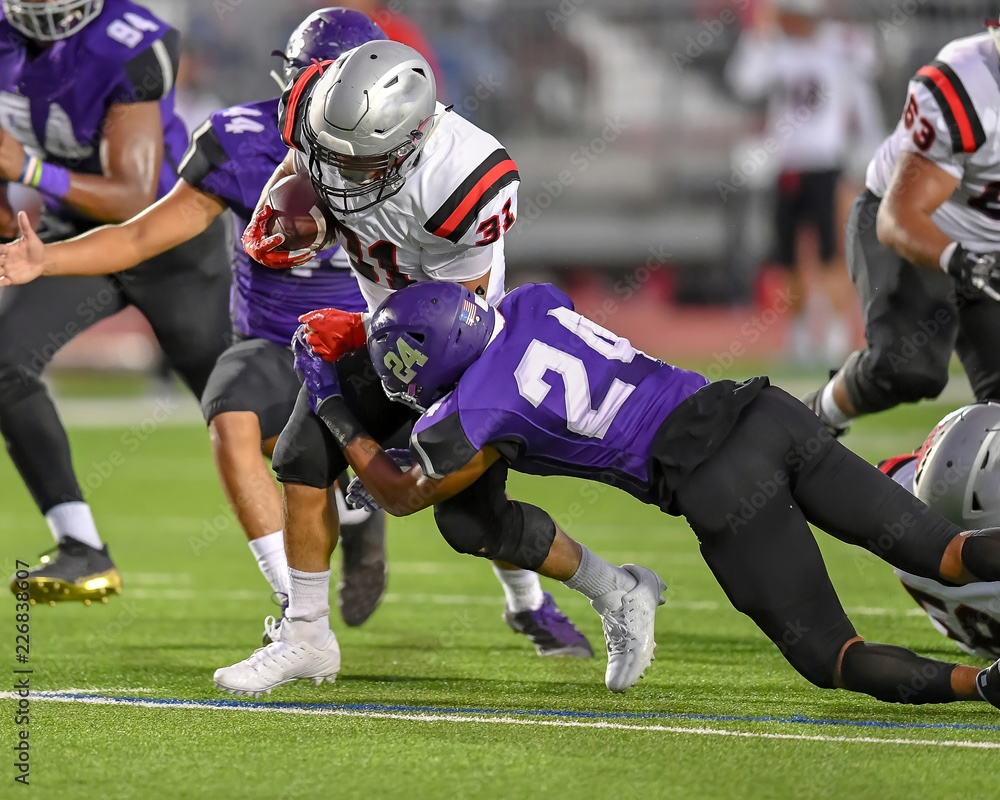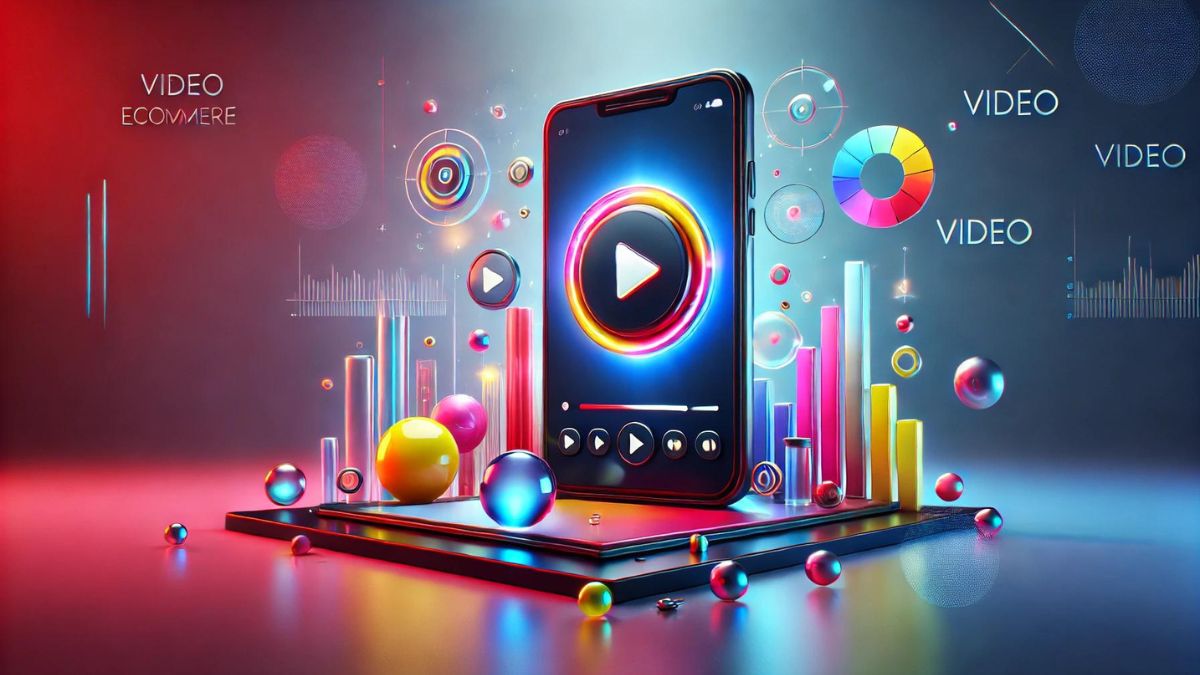How personal growth and skill development can influence fintech CEOs’ leadership styles?

Writer’s Note: This story is the third part of the series, ‘The Journey to Leadership’, spotlighting six fintech CEOs and their individual journeys. In the inaugural installment of the series, I explored the key lessons these leaders have learned and how their diverse experiences — from triumphs to setbacks — have sharpened their perception of their roles and capabilities. The second installment of the series highlights the ‘what ifs’ in the decisions these fintech CEOs would have reconsidered if they could start over.
The third chapter of this series explores how these fintech CEOs hone their professional skills while overcoming personal obstacles and how personal growth can influence and improve their leadership approach.
As CEOs tackle the complexities of their role, the external challenges they overcome often mirror their internal growth. We explore both the personal growth of fintech CEOs and their evolution as leaders and product experts, highlighting the skills that bridge these two aspects.
Conquering ‘imposter syndrome’
The last four years have pushed Stephany Kirkpatrick, CEO and founder of Orum, to step out of her comfort zone and overcome imposter syndrome in every aspect of her life.
“Building a company is hard and sometimes there is more than one right answer — sometimes there is no right answer! It’s truly a learn-by-doing experience,” said Kirkpatrick.
In the early stages, Kirkpatrick struggled with a major challenge as a founder lacking technical expertise, doubting her capability to bring her vision to life. She analyzed this internal dilemma and sought advice from various sources. The consensus was to find a technical co-founder due to her non-technical background. Despite this advice, Kirkpatrick trusted her instincts and chose a different path – the path less traveled.
“When you’re facing this reality of — I have an idea, a business plan, investment money, and now where do I go to build this thing that’s never been built, eschewing the industry playbook is a big risk,” said Kirkpatrick. “This was the first time I had to think about not having a technical counterpart and every other role that existed for me already.”
Nonetheless, she constantly wrestled with doubts about her ability to succeed in a technical field dominated by men.
“The imposter syndrome was real, but I overcame it and I think that was a major step in my growth as a leader,” Kirkpatrick added.
Overcoming her imposter syndrome allowed Kirkpatrick to make pivotal decisions about company incorporation, legal steps, and recruiting talent that shared her business vision.
On the product side, Kirkpatrick emphasizes the importance of listening to customers and views them as central to success. Expanding her network and leveraging it for advice and feedback has been crucial in refining her product expertise.
“When I started Orum, we laid out a plan of attack to answer: how quickly could we get a minimally viable version of the product to market?”
Kirkpatrick notes that the primary guidance comes from the market. Starting with a blank slate, she and her team engaged in discovery conversations with product managers, technical partners, and other fintech and financial services companies facing payment challenges, gradually shaping Orum through this iterative process.
Getting better at delegating
Michael Rangel, CEO of SMB banking platform Novo, has developed his leadership by honing his focus and prioritization skills. This growth impacts not just his business activities but also how he manages his overall time.
“I’ve developed a keener eye toward the ROI of not just the money Novo invests in projects, but the time I personally spend on each area of the business,” he said. “On a related note, I’ve become much better at delegating and letting others take the lead.”
Rangel believes in the importance of training, trusting, and empowering his team to take the lead, which helps build their confidence and allows him to devote time to more strategic matters. This is where he recognizes the benefits of managing time effectively.
“Their ability to take on many tasks that I may have just a few years ago lets me focus on initiatives that are best led by the CEO,” Rangel noted.
Max Levchin, co-founder and CEO of Affirm, also reflects on his progress in delegation, noting that while he has improved, it’s still a work in progress. Initially hesitant to embrace ideas different from his own, he has come to see that diverse perspectives can lead to more novel solutions.
Explaining how he has become more adept at delegating, Levchin noted, “I’ve learned to appreciate the fact that some things just require time to come to fruition and that people whose thinking is profoundly different from my own may initially sound to me like they are from a different planet, but can often be the source of the most interesting creative solutions.”
He also acknowledges learning to “take time to offer praise and gratitude before jumping straight into critique and solutions.”
Cultivating communication skills
“I’ve certainly grown as a manager and as a communicator, but I recognize that I still have much to learn,” noted CEO and co-founder of Rho, Everett Cook.
Cook believes he has made progress in honing his communication skills such as sharing his vision for Rho with his growing team and helping them both understand and realize that vision. However, he recognizes that there is still more work needed to make that vision feel as concrete to others as it does to him.
He also highlights that repetition is a critical yet often undervalued element of effective leadership. In smaller teams, communication can be more organic since everyone shares a similar context and might even work in the same physical space. As the team grows, however, the challenge of clearly and consistently communicating ideas and strategies becomes much more complex.
“As you get to our scale, that context and understanding varies based on where you sit and what you focus on. As the leader and CEO, my job is to help fill in those gaps for people, to understand where we are, and where we’re going. That’s something you can’t leave to chance,” added Cook.
Open to experimentation
Colin Walsh, the CEO and founder of Varo Bank, attributes his growth as a product expert to a more experimental approach to product design, which he believes “is a necessary mindset in these dynamic times in the banking industry”.
Walsh notes that this perspective has encouraged his tech and product teams to take bolder risks, learn from any mistakes, and improve both speed and quality in their iterations of the next approach.
link







